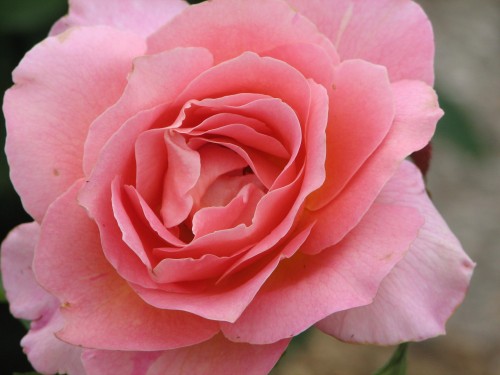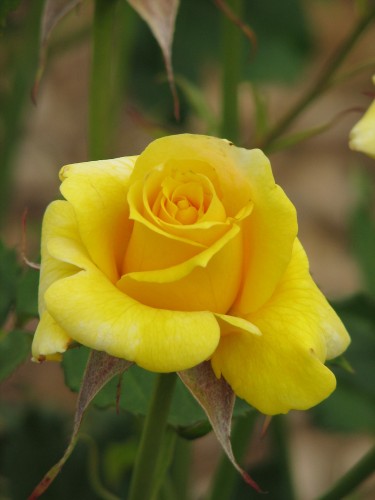The poet’s art
‘The poet’s art must be learned.’ Frances Stillman: The poet’s manual and rhyming dictionary.
- Poets are born, not made.
- Â Poets are made, not born.
These two statements seem contradictory. I contend that there is an element of truth in both.
I certainly agree that poets need to be born with a certain aptitude for language or they will struggle with the demands of poetry. Good poets are naturally gifted in this area. Nor has everyone the necessary inspiration to write effective poetry.
At the same time, I acknowledge that competent poets need to have their skills developed. Poetry writing can be taught, or learned, in a systematic way. The technical demands of writing a sonnet, for example, can be taught. Not everyone will be able to write one nor will many write classic sonnets that will last for centuries. Just like I am able to play a basic tune on a piano but I will never be a great concert pianist lauded the world over.
What I have enjoyed and deeply appreciated while studying the writing of poetry during my Master of Arts in Creative Writing course over the last year is the deliberate and systematic methods that have been employed in the teaching of poetry. We have learned many technical skills that are the building blocks of good poetry. I am starting to master meter and rhyme. I have learned to write sonnets, sestinas and near rhymes, and a host of other skills. Even today my wife commented on how dramatically my poetic style has changed over the last year. The next few years will be exciting as I further develop these skills with regular, deliberate practice.
Good writing.
Happy New Year
Happy New Year to all of my readers.
I hope that the coming year will see you have much success with you writing endeavours. I am looking forward to completing my Master of Arts in Creative writing this year. My thesis will be a 40,000 word novel for children – stay tuned for the process I go through to complete this major undertaking. I also plan to send off many manuscripts written over the last year to publishers.
Good writing.
Learning the craft of writing
 ‘Creative writing can be systematically approached and successful work does not arise only from talent or inspiration.’ Hazel Smith.
In the course I am doing the nuts and bolts of effective writing are taught systematically and with patience, understanding, appreciation and encouragement. Sure – it helps to have dollop of talent, a bucket of inspiration and a truck load of persistence, but the methodical approach to the teaching of writing has been so beneficial to me. I know many other students feel the same.
Doing a creative writing course may not be for everyone; it has worked for me and I would encourage all potential or struggling writers to at least consider this option. It is not the only way of learning the craft of writing.
How to learn the craft of writing – some suggestions:
- Read: read, read, read – if you want to write fiction, you must be reading fiction. If you want to write poetry, you must be a reader of poetry.
- Self education:Â buy or borrow books about writing and study them diligently, applying what you are learning. There are thousands available, so be selective.
- Join a writers’ centre or writers’ group: these organisations often have informative newsletters and run very useful seminars.
- Attend seminars: seminars and conferences about writing are held in most major cities. Take extensive notes – and apply what you are learning.
- Attend workshops: many writers’ groups run workshops where you can have your writing critiqued. This is an excellent way of honing those skills.
- Search the internet: there are thousands of web sites just like this one. Many offer advice on being an effective writer. Apply what you learn.
- Write, write, write: the bottom line is that regular writing improves one’s writing skills. Write frequently, write regularly and don’t give up.
Good writing.
What I am reading: the poetry of Gwen Harwood
The Poetry of Australian poet Gwen Harwood
In one of the units of my Master of Arts in Creative writing course, I had to read and study the poetry of Australian poet Gwen Harwood. I did a little research on the background and life of Gwen Harwood before reading much of her poetry. Although I had heard of her I had read very little of her work before this last week. I had occasionally dipped into a volume of her poetry I found on my daughter’s bookshelf.
Gwendoline Nessie Foster was born on 8th June 1920 in
Death is a recurring theme in her work, though it never seemed to cause her distress, even when diagnosed with cancer ten years before her passing. Harwood drew great inspiration from her music and referred to many musical terms in her poems. She invented the character of Professor Krote, ‘a talented European pianist who finds himself in a shallow, stuffy, conservative Australian town where he is forced to earn a living by giving music lessons to indifferent pupils.
Many of her poems written later in life explore the memories and experiences of her childhood in
She has published her poetry under at least four other names.
Reference:
- Harwood, Gwen, 2001, Selected Poems. Penguin, Camberwell.
Doing the writer’s jig – over and over
Excuse me while I do a BIG writer’s jig around and around and around the room.
I’d better sit down. I’m feeling dizzy.
I’m doing the writer’s jig because I’ve had a huge writing success this week. On Thursday we had a book launch at University where I am doing my Master of Arts in Creative Writing course. Every year they ask for submissions of stories and poems. On a number of occasions during the course of the year, lecturers went out of their way to ask me to submit certain pieces I had written. This might sound like publication was automatic; it wasn’t. As the course has really blossomed in numbers this year the competition was fierce.
Most who submitted their work would have been pleased with two or three pieces being published. I was gobsmacked; they published eleven pieces of my work. This included one short story, one poem and nine other poems in the form of sonnets. I’d never written a sonnet in my life until a few weeks ago.
Then there was a further honour during the launch, I was one of only four (out of many dozens) to be asked to read out some of my writing.
I think I might jig around the room one more time.
Good writing.

